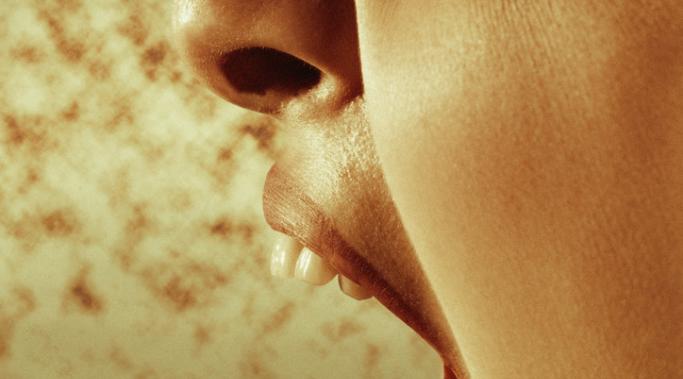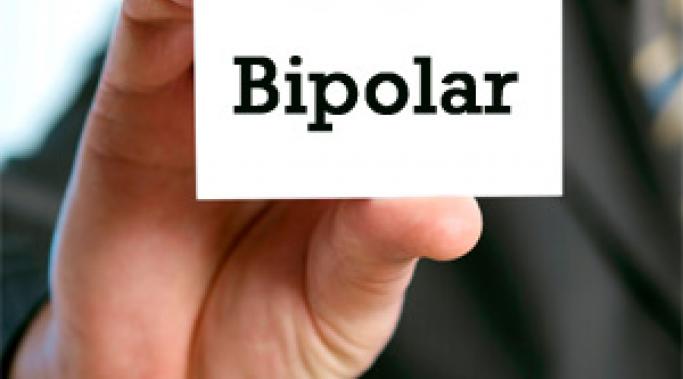As I’ve mentioned, recently I’ve started volunteering for a local bipolar organization and what I do is give presentations to others. One part of the presentation is my “bipolar story.” It’s the story of my life before diagnosis, the process of treatment and whatnot. It’s long and, well, not that happy.
But one of the things that stands out is that treatments have turned me around, but then they stopped working and new treatments had to be found. And these new treatments were extremely hard to find. In fact, successful treatments have been found through guessing as often as through any type of clinical judgement.
And there’s a reason for this: bipolar disorder and bipolar disorder treatment are moving targets and our responses have to move with them.
Coping
One of the problems with psychotherapy (and, keep in mind, I like psychotherapy) is that psychotherapists try to look for a cause for every emotion. And this seems reasonable. Or at least it does, to a person without a mental illness.
For many years, the psychiatric community has known that therapy plus medication is more effective than either mental illness treatment alone. It all depends on the specific therapy, medication and person, but that’s, generally, the rule.
But the question is, if you’re being a good patient and you’re working your therapy and taking your psychiatric medications as you should, how do you know which one is causing positive results?
One of the things that is so debilitating about a chronic, long-term mental illness is that it is so relentless. Day in and day out you face the challenges it brings. On your birthday, it’s there. On Christmas, it’s there. On Arbor Day, it’s there. And no matter how you’re feeling and what’s happening in your life, you have to deal with it. Mental illness isn’t the kind of thing that you can push “pause” on. Mental illness doesn’t wait for later. Mental illness is like a 2-year-old. It wants you now, now, now, now and if it can’t have you, then heck hath no fury like a two-year-old ignored.
But I swear, I could be a better crazy person if I could just get a break once in a while. If I could just get all the nuttiness in my head to shut up for a while I swear I could get on with things like work, and taxes and cleaning and the gym. But the nuttiness in my head will not be quelled and this, I think, is one of the hardest things about mental illness.
We all have good things happen in our lives. It might be marriage, a child, a new job or a stunning new hair color. All these things are good, but all these things are also changes. Good changes, but changes nonetheless. And as someone once said, “change is bad.”
There are a lot of things I don’t believe in. Religion. Ghosts. Tarot card readers. Tea leaves. Homeopathy. Taylor Swift. And so on. We all can make a list like this. We all have things we believe in and things that we don’t.
But one thing we all have in common is that we’re all looking for ways to get through the pain of mental illness, bipolar disorder. And some people find religion, ghosts, tarot card readers, tea leaves, homeopathy or Taylor Swift comforting. And I think it’s important we don’t disavow or judge something just because we don’t believe in it.
There is this whole notion that simply by saying the words, “I’m bipolar” you’re somehow overidentifying with bipolar disorder. In other words, you’re allowing the disease to define who you are. Well, naturally, I find this to be ludicrous and I don’t need to play word games in order to individuate myself as a person.
Nevertheless, I admit that bipolar is a huge part of my life and I make no apologies for that. If you were sick every moment of your life it would have quite an impact on you too.
On Monday, I wrote about the Faces of Mental Illness campaign run by the Canadian Alliance on Mental Illness and Mental Health. This campaign is part of the Mental Illness Awareness Week which is this week in Canada (next week in the U.S.).
I like this campaign, and what’s more, given by the number of people who have read and shared the article, you like it too. People like hearing from other real people who have faced real mental illnesses and come out the other side to create whole and satisfying lives for themselves. And there’s absolutely nothing wrong with that. People find it helpful and hopeful and inspiring.
But the campaign leaves out a huge segment of the mentally ill population. Where is the celebration of those who fight every day to beat their mental illness but don’t become published authors or start a non-profit?
One of the dumbest things I’ve ever heard is of doctors not giving their patients their diagnoses. That’s right – the patient sees the doctor, the doctor does a full assessment, the doctor reaches a conclusion, but keeps it a big secret like an upcoming birthday party.
This is an example of parental doctoring and completely insults the patient.
Treatment for bipolar can be a beast. You try medication after medication after therapy after cocktail after doctor and so on. It’s exhausting.
And at some point you stop. You just stop. Maybe some of your symptoms are controlled but not others. Maybe your symptoms are only partially controlled. Maybe you’re just too tired to fill another prescription. I understand, really. And this stopping can persist for weeks, months or even years.
But the thing is, if you change nothing, then nothing will ever change.
![MP900382658[1]](/sites/default/files/styles/blog_listing/public/uploads/2012/11/MP9003826581-731x1024.jpg?itok=Up3q4iwe)
![MP900385750[1]](/sites/default/files/styles/blog_listing/public/uploads/2012/11/MP9003857501-731x1024.jpg?itok=CsQXXT54)
![MP900302920[1]](/sites/default/files/styles/blog_listing/public/uploads/2012/11/MP9003029201.jpg?itok=8NGjkh1h)





![MP900432989[1]](/sites/default/files/styles/blog_listing/public/uploads/2012/09/MP9004329891-682x1024.jpg?itok=NpPW8BSS)
